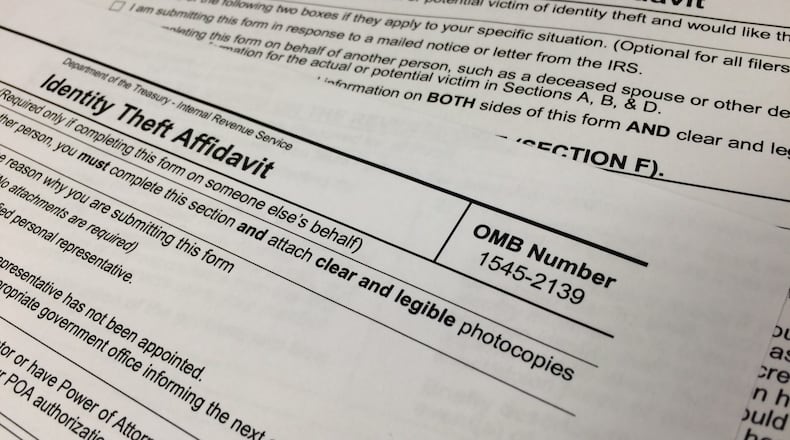“Everything comes down to whether the General Assembly has the power or it doesn’t. In this case, the General Assembly has the power,” wrote Franklin County Common Pleas Judge David Cain in his decision.
RELATED: Ohio income tax collection change ‘a solution in search of a problem’
Ohio Tax Commissioner Joe Testa praised the ruling in a statement today.
“We are pleased that the court found this law to be constitutional,” Testa said. “It’s an important ruling for business taxpayers in Ohio who for too long have had to deal with this costly, complex process for local tax on business income.”
Businesses that want to file with the state for 2018 taxes have a deadline of March 1 to register through the Ohio Business Gateway.
The state says the change will reduce compliance costs for businesses up to an estimated $800 million if every business filing in multiple jurisdictions takes part, and will improve compliance.
RELATED: Dayton opposes state takeover of tax collections
The law applies to the municipal net profit tax, which is worth an estimated $600 million annually. It will benefit businesses that operate in multiple municipalities, allowing them to file one return with the state rather than filing separately in each city where they pay taxes.
The state will collect the money from businesses who chose to file with them, then dispense it to municipalities, charging them a half-percent processing fee.
This amounts to forcing cities to pay for a service they don’t want, according to Kent Scarrett, executive director of the Ohio Municipal League. He said cities plan to appeal the judge’s ruling.
TRENDING: Dayton Commissioner Joey Williams to resign 4 months after re-election
“The real difference is any filer that goes to the state, the municipality that used to review that filing will not be able to review the filing and will have no auditing or review capabilities,” he said.
“Dayton has no way to make sure that filing is accurate.”
Scarrett said the real fear is that lawmakers will expand to start collecting the billions of dollars every year collected by cities across the state in employer witholdings, and may take further steps to control local taxes.
“Once you control the revenue you control a lot of aspects of what happens,” he said. “It’s the state taking over, the state getting bigger, growing in size and eclipsing the powers of our local communities and the decisions they can make.”
TRENDING: Can students get in trouble for #NeverAgain school walkouts?
Ohio Department of Taxation officials say cities will have access to the same information from the state that they received from filers and can request filings be reviewed.
Taxation Spokesman Gary Gudmundson called predictions of dramatically expanding the program “a concern that the municipalities have expressed without grounding.”
About the Author

